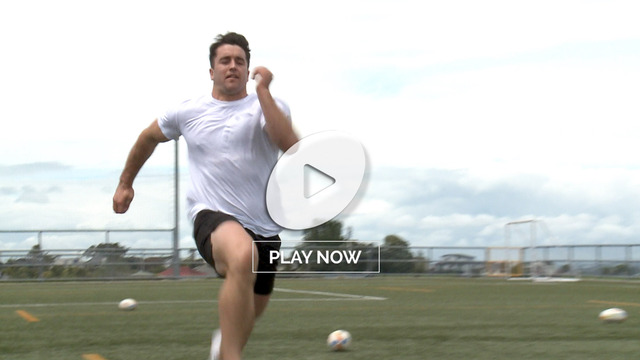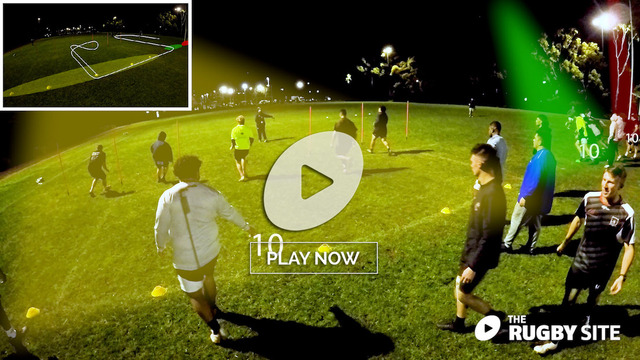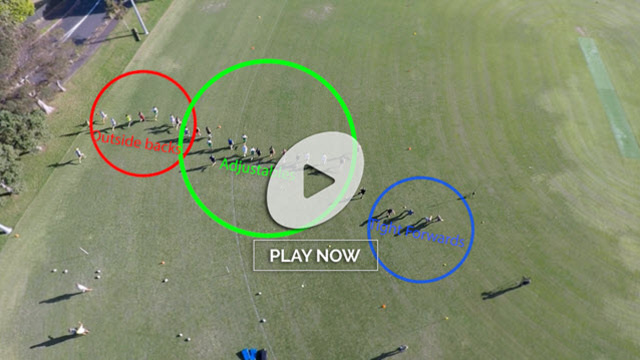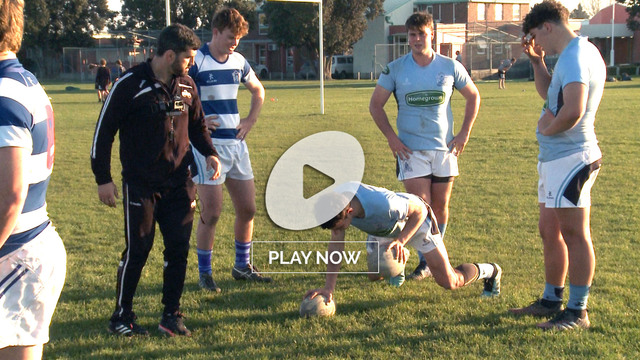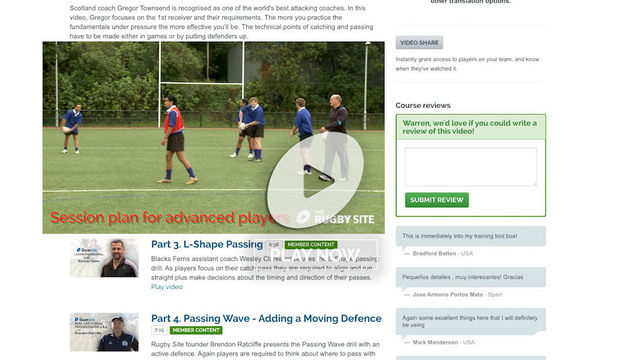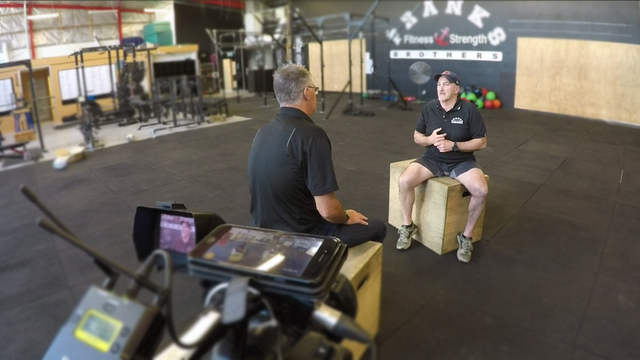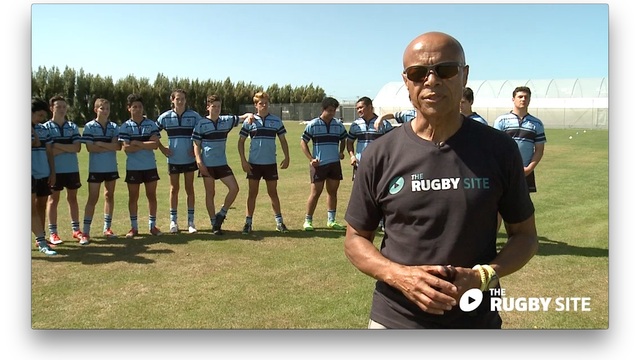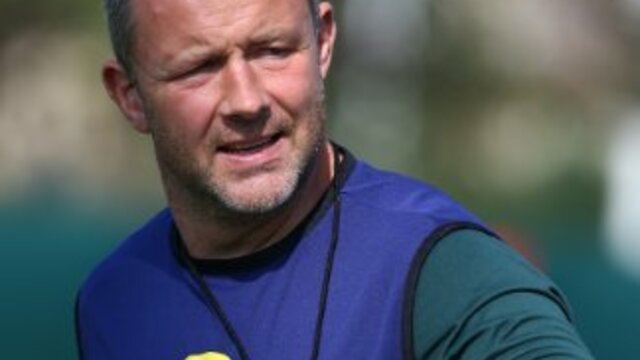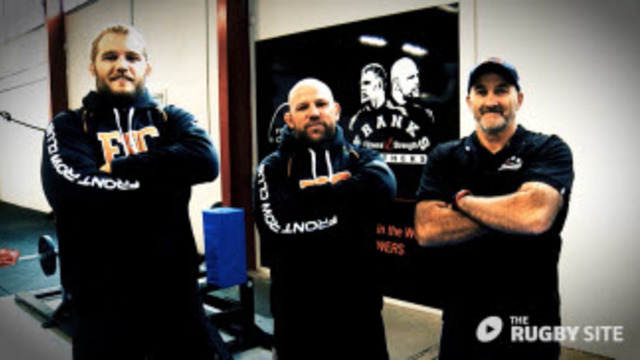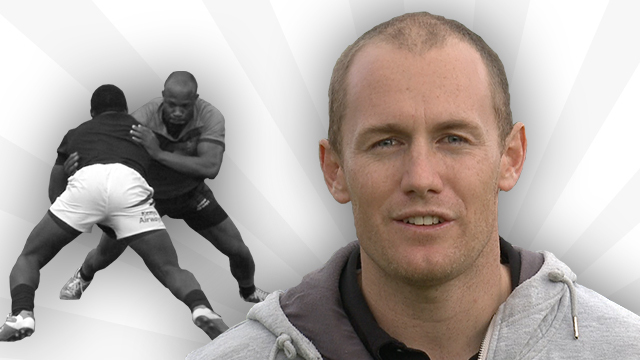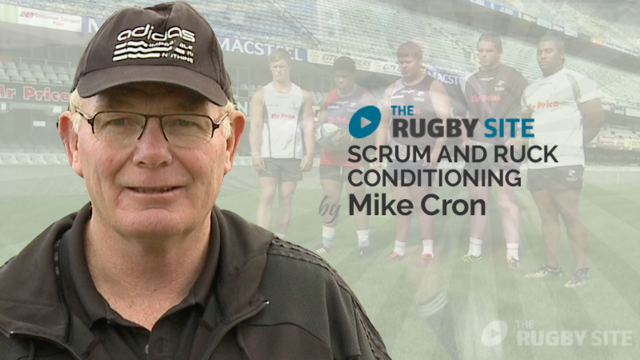3 months ago in an article on The Rugby Site, Mark Reason praised the IRB for the release of their Concussion Management Tool. In a rare note of support for the governing body, Mark applauded the efforts being made to raise the awareness of concussion in rugby. However, in the intervening period there has been further evidence that some coaches and medics appear to be disregarding the IRB guidance.
One of the IRB guidelines is that “players suspected of having concussion must be removed from play and must not resume play in the match”. On rugby pitches around the world this recommendation is regularly ignored. Coaches don’t like replacing key players. Often players don’t admit to symptoms, in an effort to remain on the pitch. Medics frequently appear to be overruled by those in the coach’s box. Some coaches in the amateur game will instruct players “to run it off”.
Michael Foley, the Waratahs coach, has admirably claimed that player welfare will always be more important than competition points. If this is the case, his medical team should have replaced Tatafu Polota-Nau after his first knock against the Brumbies on May 5th, after which he stumbled across the pitch like a drunk on a Saturday night. TFN, who suffered several head knocks last season, went on to take another blow and was finally removed shortly before half time. He was subsequently stood down for two games but by then the damage was done.
Brumbies flanker Michael Hooper was clearly concussed early in the first half of the game against the Hurricanes on May 18th but played on and made a significant contribution in the Brumbies win. This of course is irrelevant. Hooper should have been replaced immediately when he fell over while trying to stand after making a try saving tackle on Jason Eaton in the 27th minute.
The IRB is working with Unions to review the role of independent match-day doctors and define a standard procedure for immediate concussion diagnosis. This of course will be progress for the professional game where having an independent doctor present is feasible. For the majority, who play the game as amateurs, they would be fortunate to have a doctor attend their games let alone an independent one so are unlikely to be beneficiaries when this new initiative is introduced.
In November 2010 when England played South Africa at Twickenham, Christ Ashton was knocked out after tackling Victor Matfield. Referee George Clancy’s attempts to have Ashton removed from the field were in vain as the English medics cleared him to continue. Ashton subsequently claimed he remembered little of the match and should have come off.
Referees are frequently better positioned than medics to assess the condition of a player after a knock to the head and have a responsibility to demand players be replaced if required. Referees regularly send players from the field for blood injuries but rarely for concussion. There ought to be an onus upon every coach, player, medic, referee and parent to fully understand the gravity of the risks associated with concussion and to act accordingly. The evidence is growing that brain damage and degenerative conditions are risks in players who take repeated head knocks.
No silverware is worth that.
